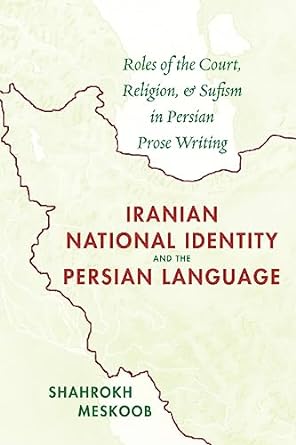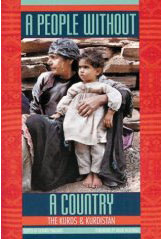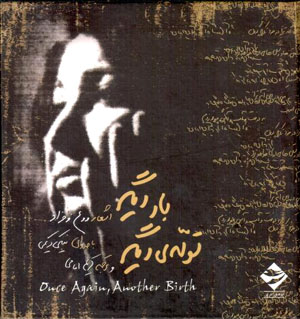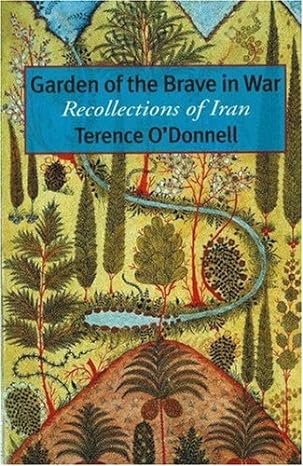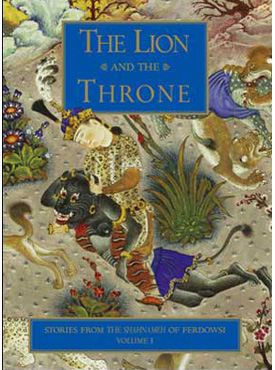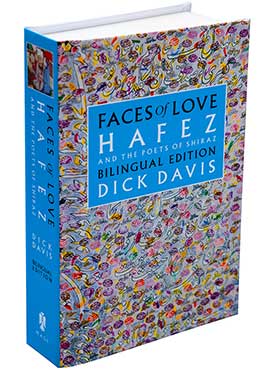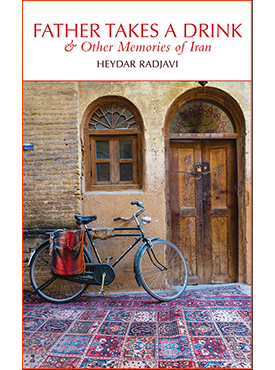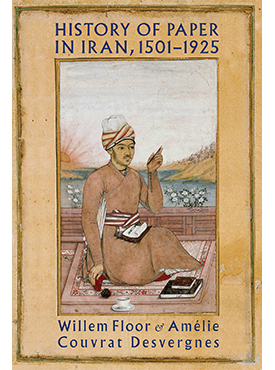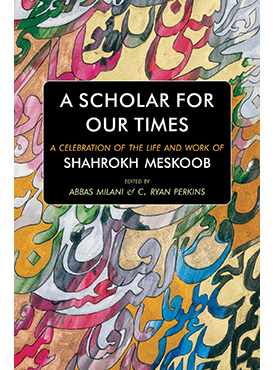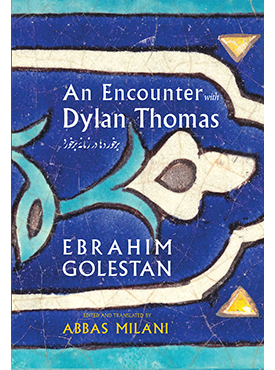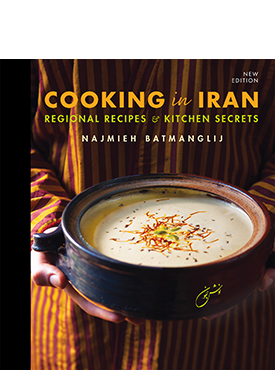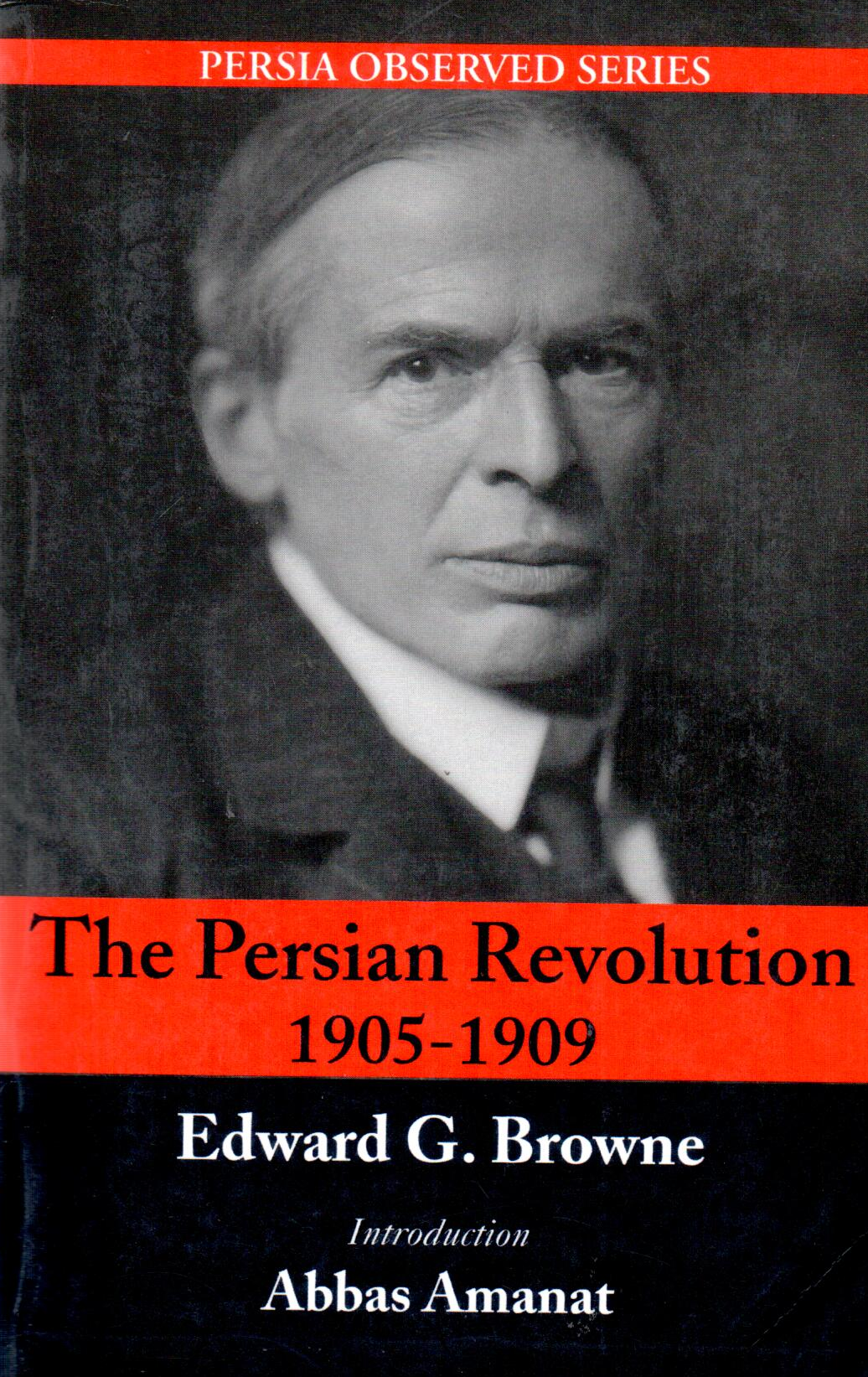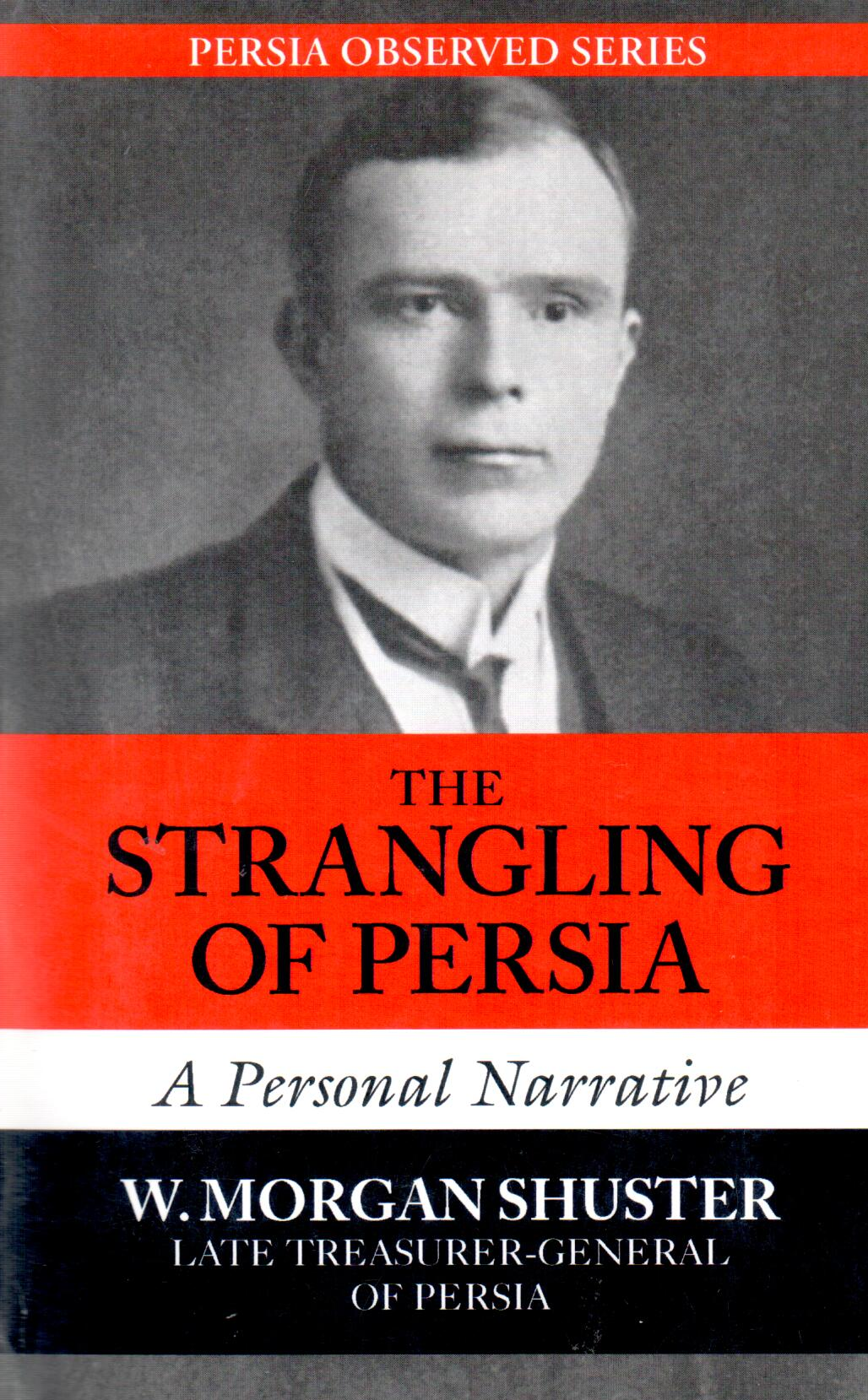Iranian National Identity and the Persian Language: Roles of the Court, Religion, and Sufism in Persian Prose Writing: Engelska 1992
هویت ملی ایرانیان و زبان فارسی
24,30 €
Dela
Wishlist
Originaltitel:
Iranian National Identity and the Persian Language: Roles of the Court
,
Religion
,
and Sufism in Persian Prose Writing
ISBN:
0934211213
Förlag:
MAGE PUBLISHERS
Åldersgrupp:
Vuxen
Sidor:
191
Vikt:
468 g
Produktmått:
16 x 25 x 1
,
5 cm
Bokomslag:
Inbunden
Iranian National Identity and the Persian Language: Roles of the Court, Religion, and Sufism in Persian Prose Writing...
In this insightful study of Iranian cultural history and national identity, the late Shahrokh Meskoob, one of Iran’s leading intellectuals, reviewed the roles of three social classes, the courtiers and bureaucratic officials (ahl-e divan), the religious scholars (ulama), and the Muslim Gnostics (Sufi poets and writers), in the development and refinement of the Persian language during the past 1,000 years and gives the reader a fresh perspective on Iranian cultural heritage and the struggle to forge a distinct national identity. Dr. Ali Banuazizi’s foreword and interview with the author sets the stage for a fuller appreciation of this invaluable and wide-ranging contribution to Iranian intellectual history.
more
Iranian National Identity and the Persian Language: Roles of the Court, Religion, and Sufism in Persian Prose Writing...
In this insightful study of Iranian cultural history and national identity, the late Shahrokh Meskoob, one of Iran’s leading intellectuals, reviewed the roles of three social classes, the courtiers and bureaucratic officials (ahl-e divan), the religious scholars (ulama), and the Muslim Gnostics (Sufi poets and writers), in the development and refinement of the Persian language during the past 1,000 years and gives the reader a fresh perspective on Iranian cultural heritage and the struggle to forge a distinct national identity. Dr. Ali Banuazizi’s foreword and interview with the author sets the stage for a fuller appreciation of this invaluable and wide-ranging contribution to Iranian intellectual history.
more

